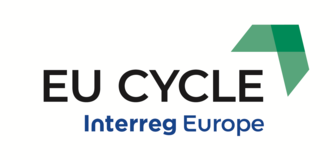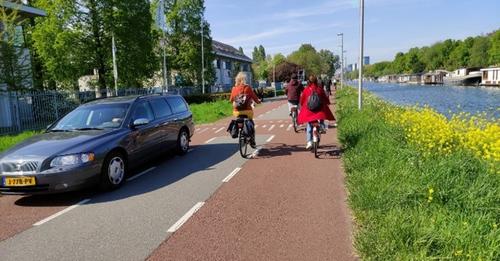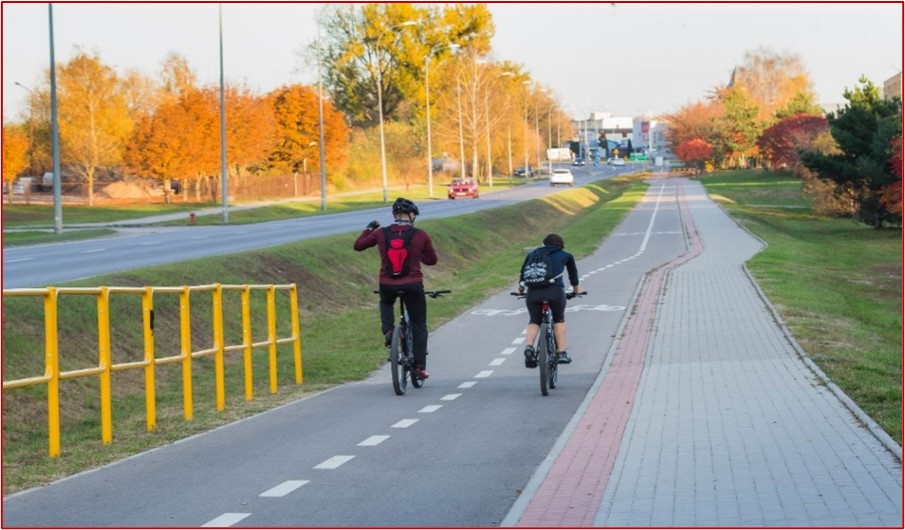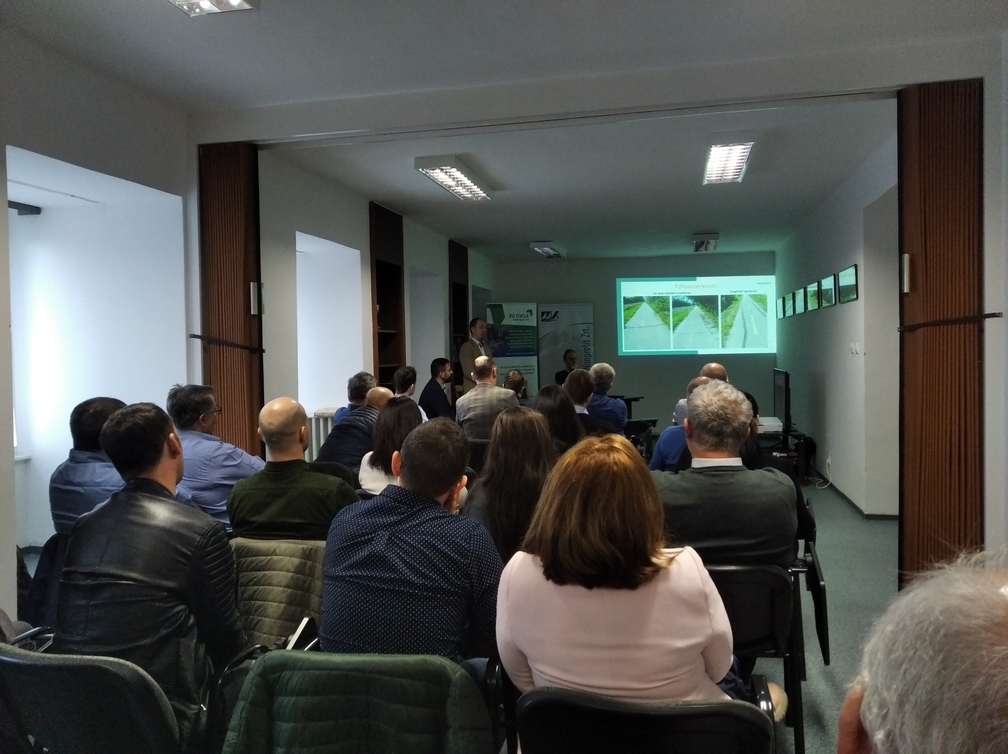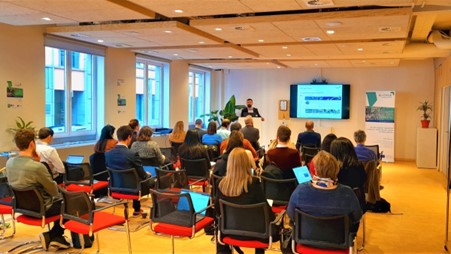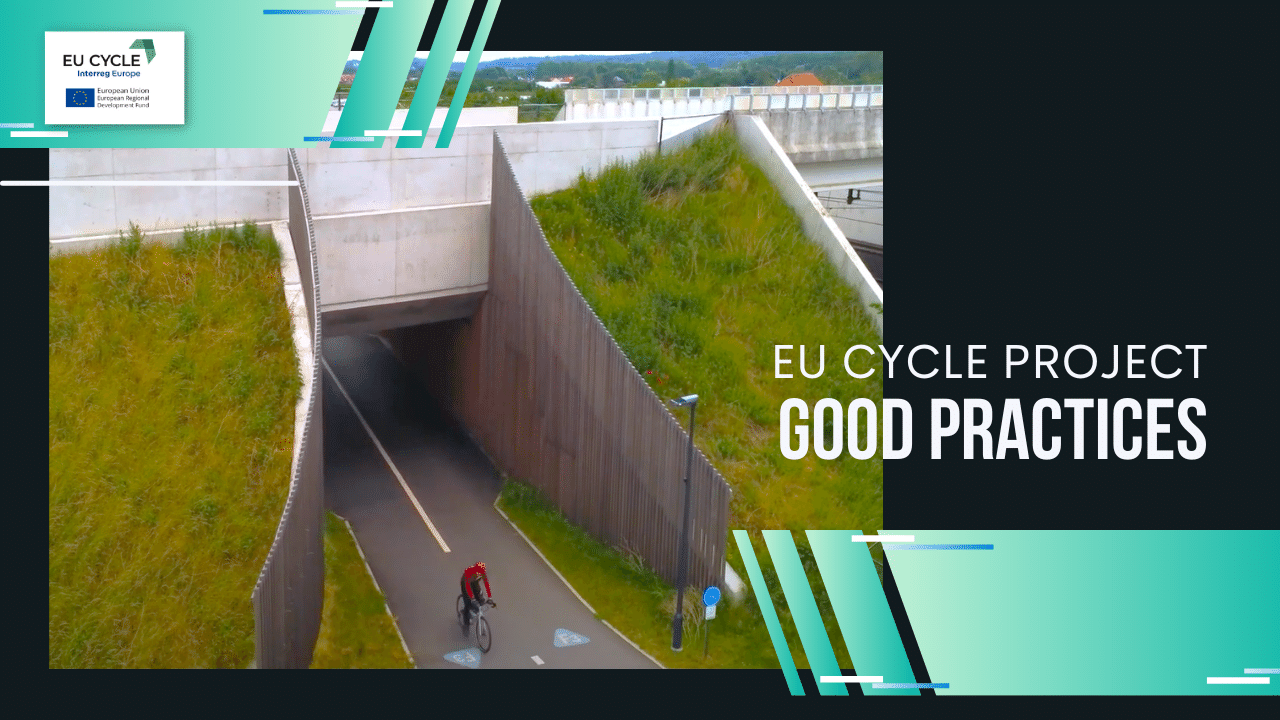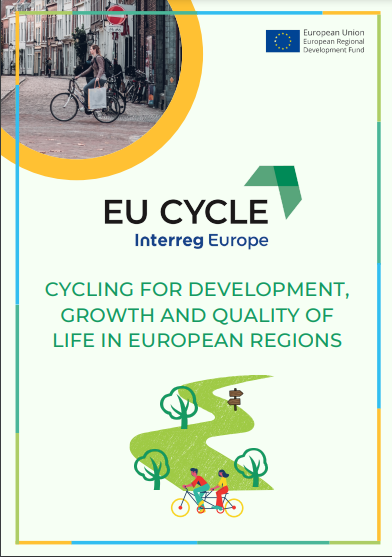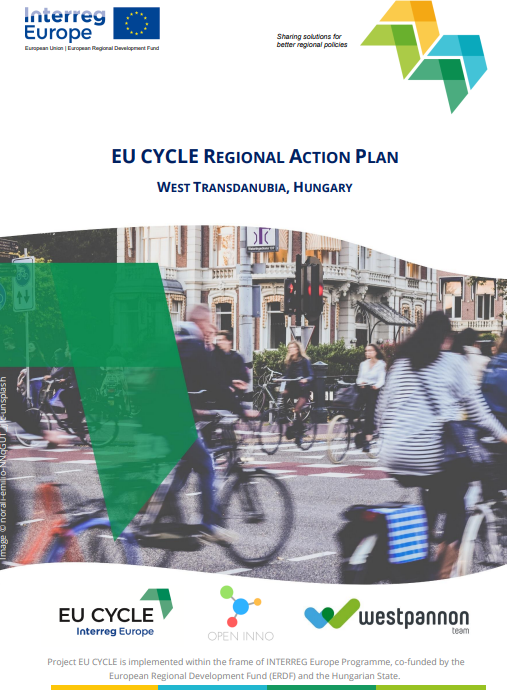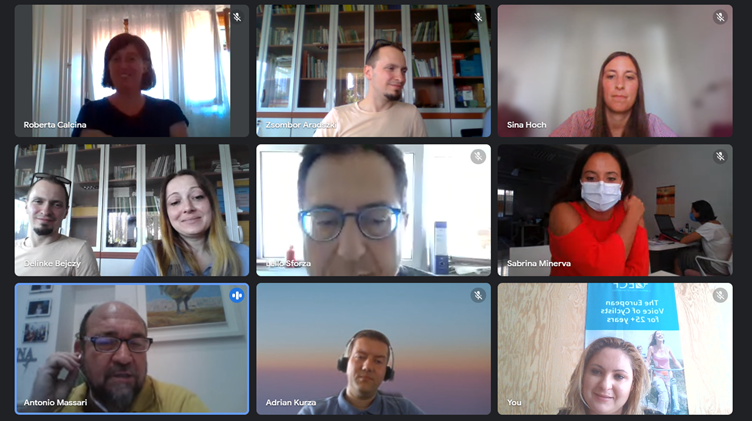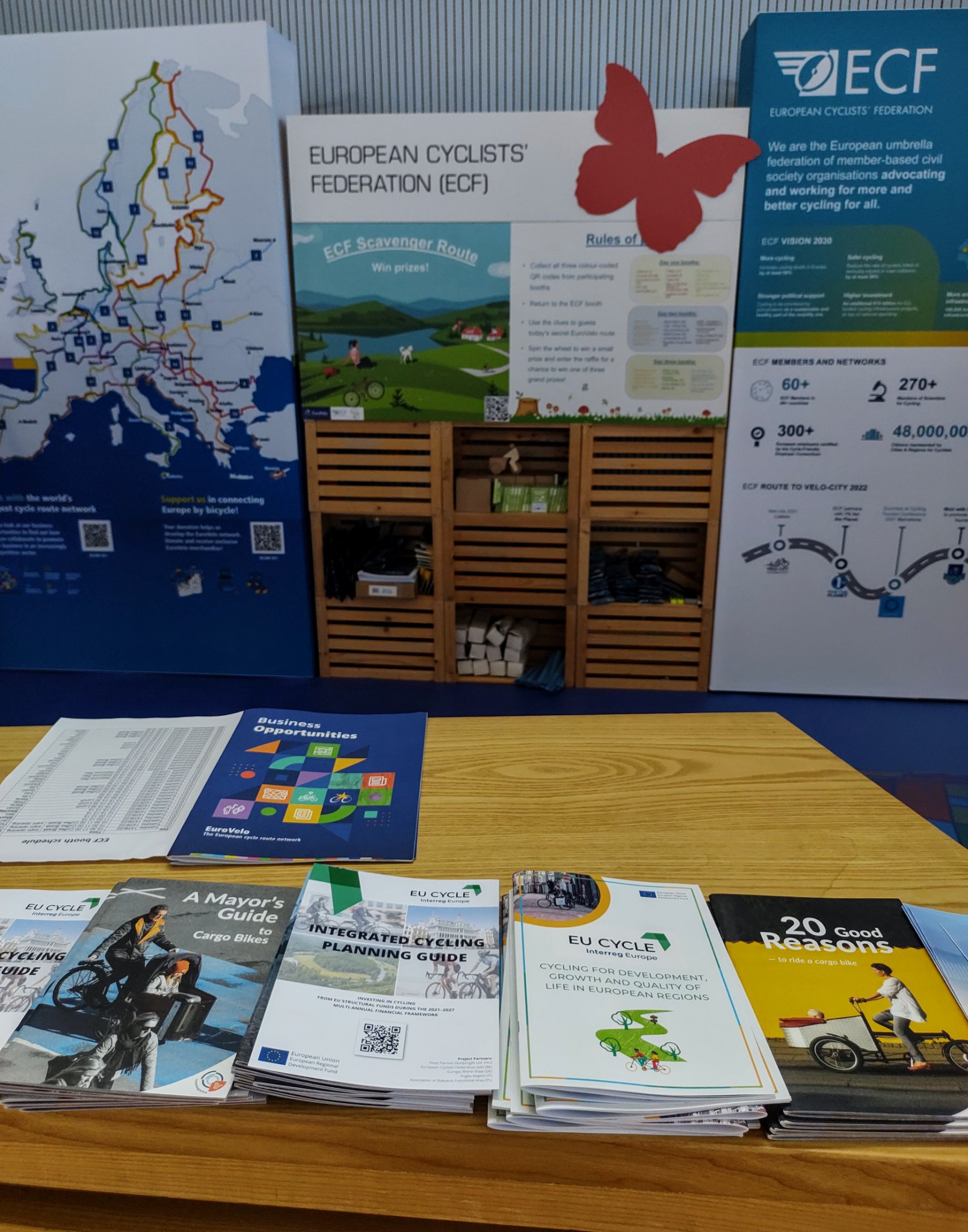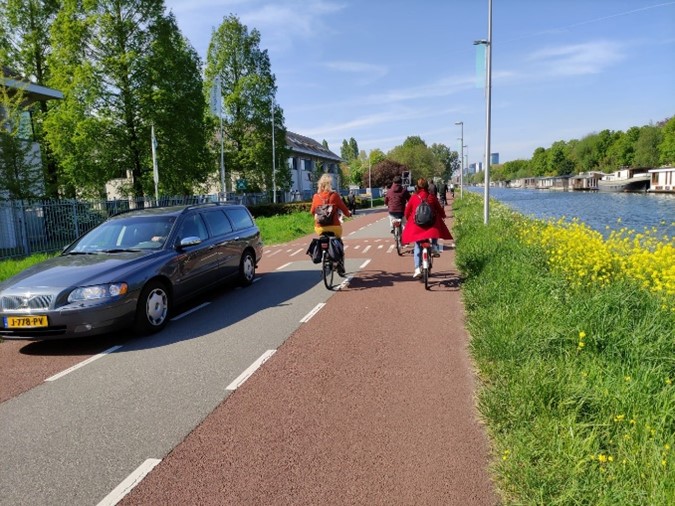EU CYCLE partners wrapped up the series of online study visits with a workshop on good practices around territorial cooperation projects related to cycling.
Speaking of sustainable mobility in the Austrian-Hungarian border area, Péter Halinka, from West-Pannon presented the ongoing SMART Pannonia project that has as a key objective to develop a common, efficient and sustainable, cross-border transport cooperation in order to strengthen sustainable mobility both on local and regional levels.
The main outputs of the project, including establishing a cross-border transport platform connecting service providers, solutions facilitating smart mobility, introducing intermodal cycling measures and supporting cross-border railway planning activities – will bring significant added value for both the travelers and the population of the programme area.

Continuing the meeting ‘’on the trails of the House of Orange”, the participants learned more about the cross border project involving two Dutch and German cities Apeldoorn – 's-Heerenberg – Kleve – Moers.
Having as a main output the Orange Cycle Route, the project faced many challenges to reinforce the theme of cycling, as illustrated by the project manager Lianne Niemeijer, highlighting the importance of the collaboration between the tourism sector and the cultural-historical organizations.
The route allows the travelers to cycle through a beautiful and varied landscape, while diving deeper into the history of the Dutch royal family. This was made possible through the project’s activities that included among others signposting the cycle route over the existing route structures, producing a project website, a route book as well as promotional flyers for both adults and children.

Another scenic cycle route presentation followed from ECF, showcasing the Rhine Cycle Route (EuroVelo 15) that was further developed under the Demarrage project.
Four partner countries have reunited to utilize the trans-national economic potential within the regions along the Rhine corridor, by creating a general framework for the common market development of the Rhine Cycle Route, preparing a marketing programme and initiating a transnational cooperation between small and medium enterprises.
The project work packages included organisation and capitalization activities that brought forward a long-lasting management structure, the design and implementation of a marketing programme, service development and the involvement of the services sector.
‘’Embrace the difference!”, was the recommendation made by Ed Lancaster, the EuroVelo Director at ECF, when speaking about some of the challenges when working on a transnational level, as there are different levels of route development, various types of users and needs as well as cultural differences.
One of the main challenges for this type of projects remains the sustainability of the project results after its ending. The participants were encouraged to think about this aspect from and early stage and make it part of the project activities.
The current Long-Term Management Agreement serves as a solid basis for the sustainability of the DEMARRAGE project results on the transnational level and an opportunity for further developments in the fields of route infrastructure, services, promotion and usage monitoring & evaluation.

Adrian Kurza from Białystok Functional Area (BFA) wrapped up the workshop presenting the BFA Partnership Project as an example of the use of funds for Integrated Territorial Investments in the development of low-carbon transport.
The agreement signed between the city of Białystok (PL) and 8 neighboring communes belonging to BFA, made it possible to build bicycle paths in almost all communes of the functional area covered by the project. The construction of new cycling routes with a total length of 48.27 km started the process of creating a coherent cycling network in the entire area.
A total of 140 parking spaces for bicycles were created in the project area, allowing people to leave their bikes and change to other available means of transport - rail, bus, private public transport. The development of cycling infrastructure within the project area helped also to reduce motorized congestion in the city of Bialystok.

The recording of the event will be available on the project YouTube channel shortly.
